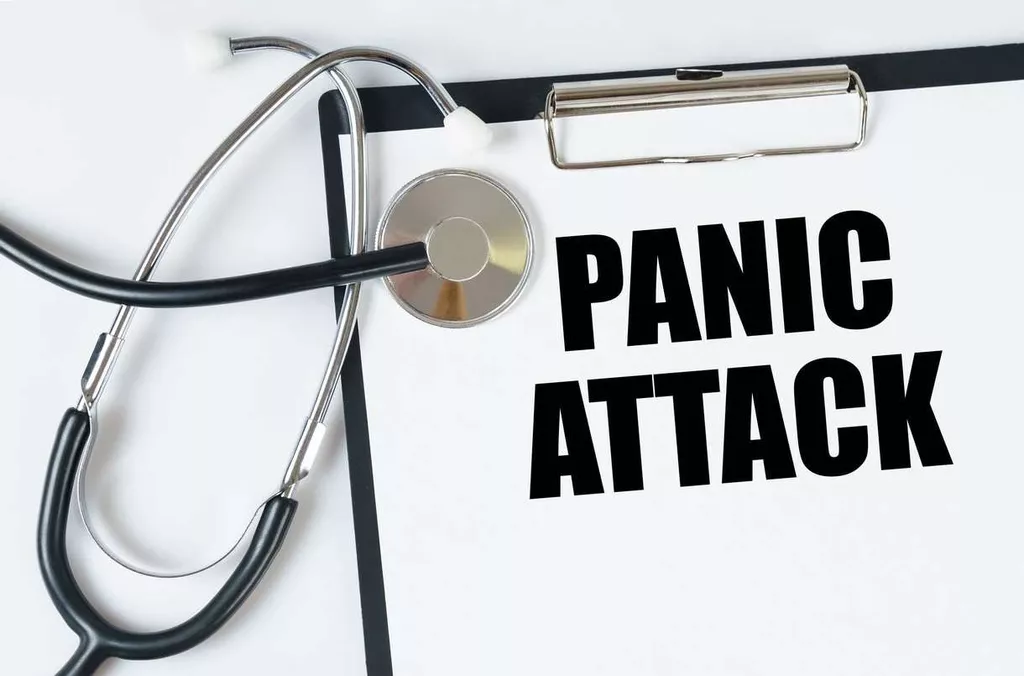Alcoholic Neuropathy: Causes, Symptoms, and Diagnosis

As with any medical condition, prompt treatment is key to heal existing damage and prevent further harm. It’s also essential to seek treatment from a physician, as they possess the specialized knowledge to determine the best course of action. Regular monitoring and an adherence to treatment plans can speed up recovery times and ensure a better quality of life. However, this seemingly innocuous sensation may be an early warning sign of a condition known as alcoholic neuropathy, a lesser-known but significant consequence of long-term alcohol use. How does alcohol cause neuropathy, and how do you know if your neuropathy is caused by alcohol? To prevent alcoholic neuropathy, how much alcohol should you limit yourself to?
Does Alcoholic Neuropathy Affect Autonomic Functions, And What Symptoms Might This Include?
Symptoms of alcohol-related neuropathy are similar to those of peripheral neuropathy. These can affect both your controlled and involuntary movements, as well as sensations. It’s important to understand that peripheral nerves help the body operate vital functions like arm and leg movements, urinary and bowel movements, sexual activity and what is alcoholism even speech.
Is It Possible To Reverse The Symptoms Of Alcoholic Neuropathy, And How Long Does Recovery Take?

It is uncertain whether the neuropathy results from the direct toxic effects of ethanol or another unidentified factor. It’s characterized by a loss in nerve function, mostly in the extremities, and can cause damage to your body that ends up lasting for the rest of your life. Alcoholism, even in so-called “high-functioning alcoholics”, is a major risk factor with this disease.
- A healthcare professional can offer support for people with alcohol use disorder.
- It can cause pain, muscle weakness, and reduced coordination in affected areas, sometimes to the point where it is difficult to walk and stand.
- In the case of alcohol neuropathy, years of excessive drinking are at the root of the issue.
- Risk factors for developing alcoholic neuropathy include the amount and duration of alcohol consumption, nutritional deficiencies, and individual susceptibility to alcohol’s neurotoxic effects.
- Reframe supports you in reducing alcohol consumption and enhancing your well-being.
- Changes in muscle strength or sensation usually occur on both sides of the body and are more common in the legs than in the arms.
- Chronic alcohol abuse often leads to deficiencies in essential nutrients, especially B vitamins such as B12, thiamine, and folate, which are vital for nerve health.
Alcoholic Gastritis
Recovery from alcoholic neuropathy also heavily depends on lifestyle and personal health variables. The rate of recovery can be influenced by a person’s nutritional status, metabolic rate, and treatment compliance. For example, increasing dietary intake can aid in the healing of nerve damage, but prolonged alcohol use can worsen symptoms and delay recovery.
Signs and symptoms of alcoholic neuropathy

Chronic alcohol usage can also lead to inflammation and oxidative stress in the body. Axonal degeneration and demyelination, or damage to the myelin surrounding the nerves, are linked to this. It is important to supplement the diet with vitamins, including thiamine and folic acid. Changes in muscle strength or sensation usually occur on both sides of the body and are more common in the legs than in the arms. Recovery time depends on the severity of nerve damage and how quickly treatment begins. When significantly limiting or stopping alcohol consumption, receiving ongoing support is essential.
Potential Complications of Alcoholic Liver Disease
Certain vitamin supplements, including folic acid and thiamine, will likely be provided to you during treatment since people with ALN tend to be deficient in these areas. Rather, your treatment program will be built around the goals of controlling your symptoms and preserving your independence for as long as possible. Your healthcare team will also take strides to reduce the risk of injury. Alcoholic-related neuropathy (ALN) is a serious and irreversible condition that can lead to severe pain and physical disability. For the most part this review consists of non-interventional studies for which generally accepted tools to evaluate risk of bias are not available. To assess the bias in these we applied the Jadad score which takes into consideration quality of randomisation and blinding as well as reporting of withdrawals to assess bias in RCTs 9.
Some individuals may experience significant improvement in symptoms within weeks to months, especially with early intervention and consistent treatment. However, for others, especially those with severe or long-standing neuropathy, some symptoms may persist https://ecosoberhouse.com/ indefinitely. Long-term management focuses on symptom relief, preventing further nerve damage, and maintaining a healthy lifestyle to support nerve function.
It is important that you completely remove all the alcohol from your system. The recovery can be hard, but in a proper facility, like the best 90-day substance abuse treatment center for alcoholism in Dallas-Fort Worth, Texas, you can keep the withdrawal symptoms under wraps. To prevent any additional nerve damage, drinkers must abstain from alcohol. If you are struggling with neuropathy, contact the best 90-day substance abuse treatment alcohol neuropathy stages center for alcoholism in Dallas-Fort Worth, Texas. Alcoholic neuropathy is one of the most widespread and least known consequences of heavy alcohol abuse.
- Symptoms can develop just 5 hours after the last drink and persist for weeks.
- Most persons who follow medical advice well and continue with rehabilitation program as advised show better chances of recovery from alcoholic neuropathy.
- Alcohol’s diuretic properties, which cause the system to dry up, are another issue.
Alcoholic neuropathy occurs when too much alcohol damages the peripheral nerves. This can be permanent, as alcohol can cause changes to the nerves themselves. Deficiencies in B6 and B12, thiamine, folate, niacin, and vitamin E can make it worse.

What are Treatment Options for Alcoholic Neuropathy?

As a result, there’s no exact amount of alcohol that brings on this disorder. However, individuals shouldn’t use this as an excuse to continue drinking. When a specific cause is unknown, people will use that as an excuse to continue addictive behavior. Department of Health and Human Services’ Dietary Guidelines for alcohol consumption (one drink a day for women and two for men) doesn’t carry nearly any risk for developing this disease. Having said that, the general consensus is that alcoholic neuropathy develops in up to half of long-term heavy alcohol abusers.

Add a review
Your email address will not be published. Required fields are marked *